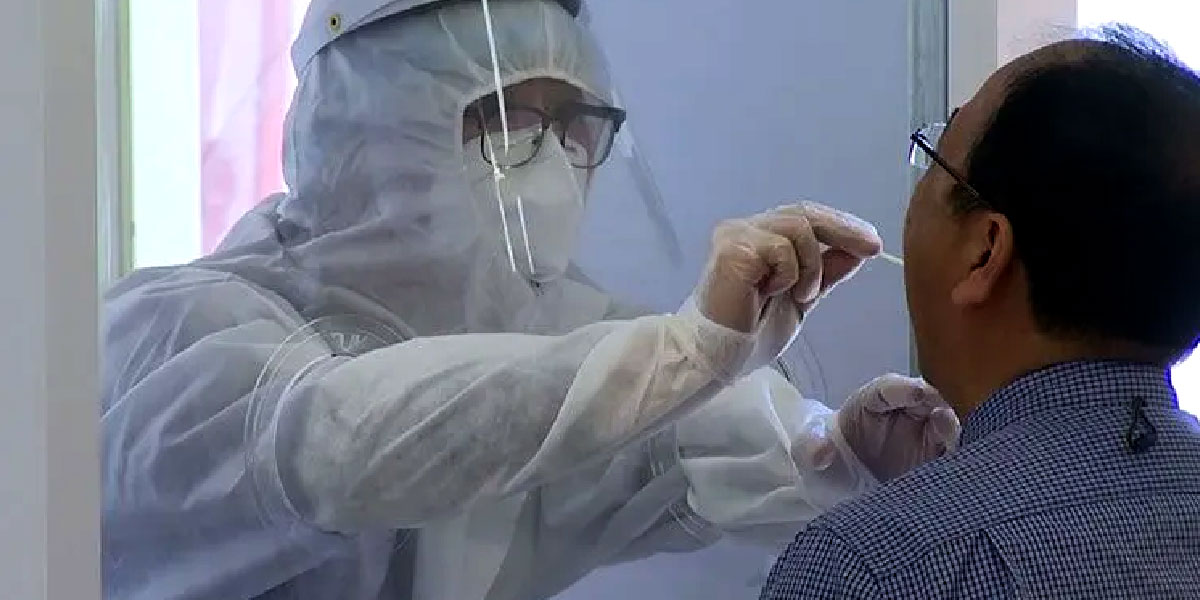
Senator Joel Villanueva stressed the crucial role that surveillance testing play in keeping millions of jobs alive amid another surge in cases of COVID-19.
He said regular, random testing in workplaces could detect sources of coronavirus and stem its transmission and risks of workers bringing the virus home.
Villanueva, chair of the Senate labor committee, said that random testing in the workplace continues to be a key element in preventing or slowing the spread of COVID-19 which is on a rampage again. On March 15 alone, at least 5,408 new cases have been recorded which the Department of Health said were numbers last seen when cases were surging in August 2020.
“The most important occupational safety and health program that we must impose, next to vaccination, is workplace testing. Istrikto tayo sa helmet at protective gear ng mga rider ng motor, ngunit pag dating sa testing sa mga lugar-paggawa, hindi lang lax, kapos pa?” Villanueva said. “Maiiwasan po natin magpatupad ng mga lockdown kung maayos po ang disease surveillance. Dapat last resort ang pag-implement ng mga lockdown.”
“Regular, random testing helps improve the surveillance monitoring of the government, and we can rely on this to make better decisions in imposing granulated lockdowns, instead of sealing off huge parts of the country,” he added. “Data that come from the regular, random testing of workers will give our pandemic managers more insights on how the disease is spreading.”
Villanueva has long advocated for regular, random testing in the workplace because the insights drawn from the results would be crucial for the IATF to make better policy pronouncements.
He expressed frustration at what he described as “flip flopping policies on COVID-19 pandemic response,” saying these were aggravating COVID-19’s disastrous impact on the economy and people’s lives.
“With flip flopping policies, the labor sector, our industries and our companies are affected. That’s one plus one,” he said. “Again, we’d like to remind our government to let’s get our acts together. We have to be serious with our policies”
“Our unemployment rate is 10.3 percent. At least 4.5 million are jobless,” he said. “Several millions are adjusting to different work arrangements. Underemployment is 16.2 percent or that’s about 6.2 million workers,” Villanueva said.
One of the requirements which Villanueva said was a must before the economy was fully reopened was massive and accurate surveillance testing for coronavirus.
“What’s happening is we’re just reactive, we are so passive. We need to be ahead of the curve,” Villanueva said. “That is the only way if we want to reopen the economy. Given vaccine rollout and speeding up the vaccination,” he added.























